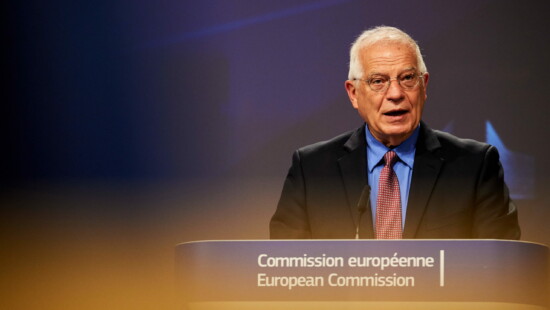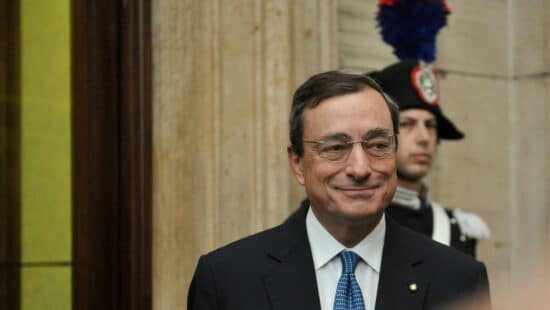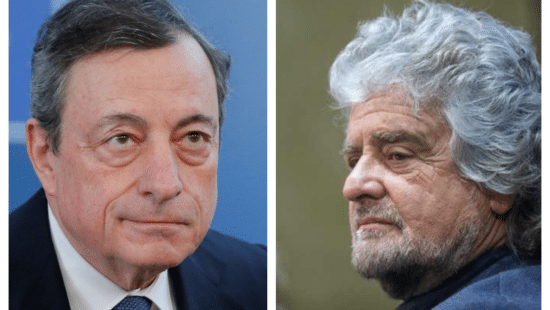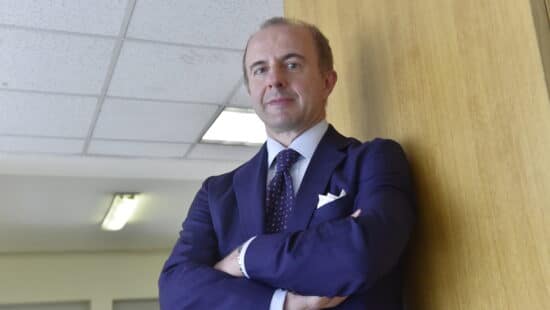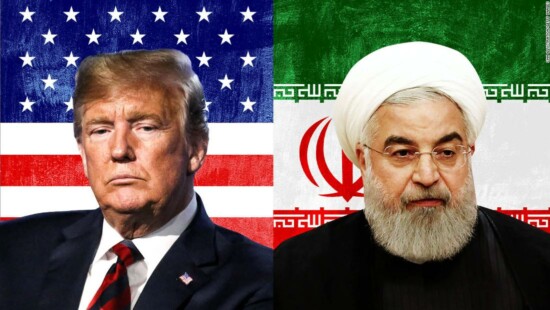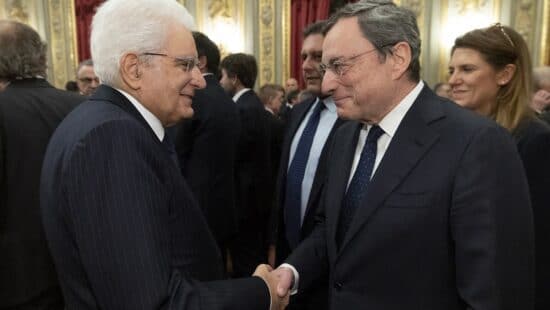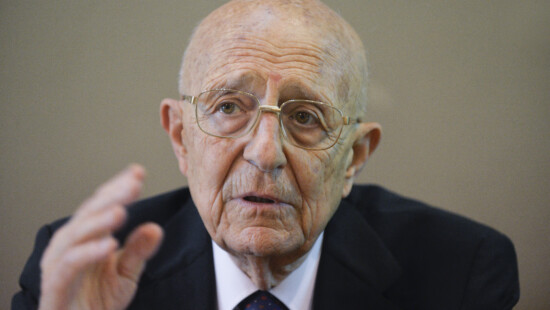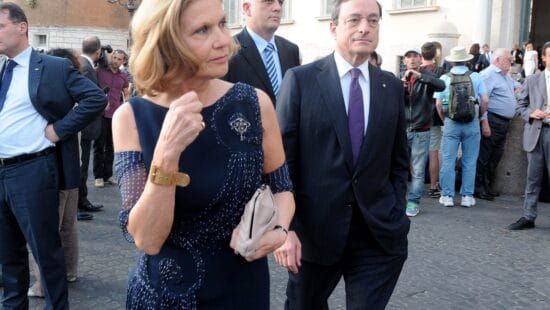I contatti e il dibattito, anche oltre Atlantico. Secondo Famà (Crisis Group) “potrebbero esserci degli adeguamenti” dopo il prossimo Consiglio Ue sul come gestire le relazioni con la Russia
Archivi
Draghi? La classe (politica) non è acqua. Il mosaico di Fusi
Sulla stampa è un continuo parallelismo fra Mario Draghi e i precedenti premier “tecnici”. Ma l’unico azzeccato è quello con Carlo Azeglio Ciampi. Dalla qualità dei ministri al programma, ecco cosa l’ex numero uno della Bce può imparare da quel lontano 1993. Il mosaico di Carlo Fusi
Il super ministero green proposto da Grillo? La versione di Realacci
In un post sul suo blog, mentre entra alle consultazioni con Mario Draghi, Beppe Grillo detta l’agenda green del Movimento. Chiede un unico ministero per la transizione ecologica e l’energia, una proposta che Draghi potrebbe accogliere. Realacci (Symbola): è una buona idea, ma prima si riscriva il Recovery plan
Patto transatlantico, perché all’Italia serve l’Ue. Parla Parenti (Commissione Ue)
“L’Italia sarà più forte quanto più ci sarà convergenza a livello europeo sui temi da discutere con gli Stati Uniti”, spiega Antonio Parenti, capo della Rappresentanza in Italia della Commissione europea. Le relazioni Roma-Washington con Draghi premier? “Saranno anche migliori”. Sul 5G: “Non ottica anti-cinese ma necessità di sicurezza strategica”
Vi spiego la disputa tra Usa e Iran, dal 1953 a oggi. L'analisi di Valori
Un sondaggio del 2018 portato avanti da una società di analisi canadese ha rilevato che l’81% degli iraniani ha pareri molto o alquanto negativi sugli Usa. Da dove nasce la disputa? L’analisi di Giancarlo Elia Valori
Draghi, Mattarella o Renzi? Arditti spiega chi ha vinto (numeri Swg)
La crisi politica italiana ha assunto una piega degna di una stagione di “House of Cards”. L’analisi di Roberto Arditti, presidente di Kratesis
Caro Draghi, ecco tutti gli errori (di Conte) da evitare. Parla Cassese
Il giudice emerito della Corte Costituzionale commenta con Formiche.net l’arrivo di Mario Draghi a Palazzo Chigi, “è l’uomo giusto”. Sarà un governo politico, assicura, e dovrà voltare pagina rispetto al contismo. Dalla Giustizia alla bulimia di Dpcm, ecco gli errori da evitare
La vita al tempo del coronavirus? Ce la racconta Giuseppe Del Ninno
Dentro la pandemia si muove un universo quasi sconosciuto, fatto di riti e abitudini che segnano un periodo della nostra esistenza che mai avremmo ritenuto di vivere. Giuseppe Del Ninno ha raccontato La vita quotidiana ai tempi del coronavirus (Solfanelli editore, pp. 169, € 12) come una sorta di romanzo domestico nel quale le piccole cose che accadono in casa assumono proporzioni inimmaginabili per importanza. Un libro originale che racconta ciò che è incominciato un anno fa e purtroppo continua a condizionare la nostra vita. Di seguito pubblichiamo una parte della prefazione al volume di Gennaro Malgieri
La democrazia americana del dopo Trump è più viva che mai
Se l’opposizione è la misura della democrazia nei momenti in cui il potere di chi governa diventa più pericoloso, negli ultimi quattro anni gli Usa hanno dato una grande prova di resistenza. Pubblichiamo un estratto tratto dal libro “L’America di Biden. La democrazia americana del dopo Trump”, Rubbettino, di Matteo Laruffa
Bianca e Serena Cappello. Cosa svela il primo indizio sulla moglie di Draghi
L’elegante, riservata e coltissima moglie di Mario Draghi, attuale presidente del Consiglio incaricato, è una nobildonna di nome Serena Cappello, esperta di letteratura inglese e discendente della celebre Bianca Cappello Medici, patrizia veneziana, moglie di Francesco I de’ Medici




